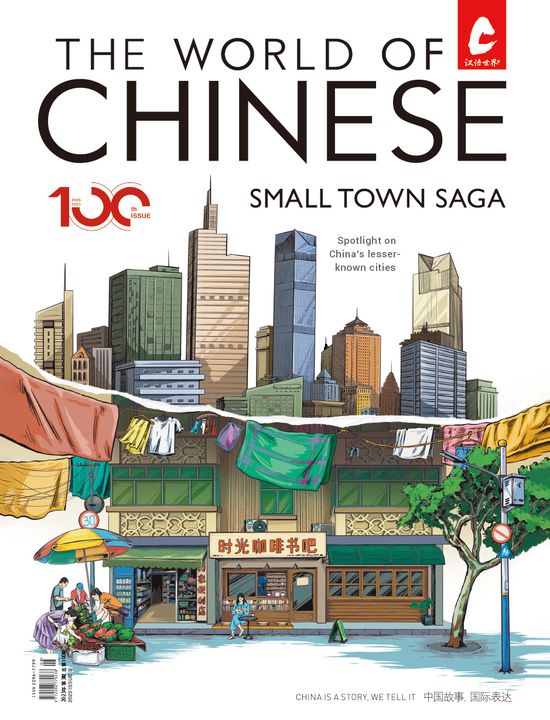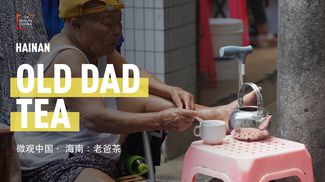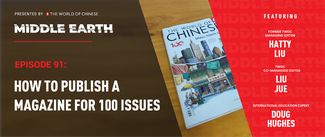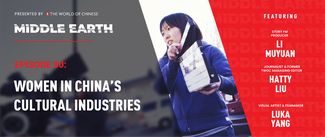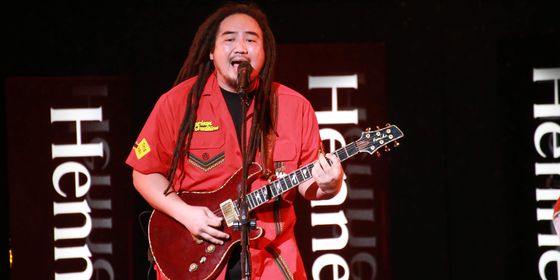In “Rocking China,” Shanghai-based historian Andrew Field looks back at a momentous period of the underground music scene in Beijing
For indie music fans in China, few sights are more evocative than Kang Mao, lead singer and co-founder of the punk band SUBS, unleashing one of her primal howls. While pop stars from East Asia are regularly featured on TV and radio, the bands playing in Beijing underground rock clubs toil to a small but incredibly dedicated group of fans.
The SUBS are not the only members of the early 2000s Beijing underground music scene featured in Andrew Field’s new book Rocking China: Rock Music Scenes in Beijing, Shanghai, & Beyond, but it was Field’s interactions with the Wuhan quartet which inspired first a film, and now a book.
A Shanghai-based historian, Field is no stranger to researching and writing about the music scene in China. His earlier works have included histories of Shanghai’s nightlife in the early 20th century and the 2012 documentary Down: Indie Rock in the PRC, co-produced with filmmaker Jud Willmont. Field’s latest book is both an update and companion to Down, featuring interviews, journal entries, and commentary not found in the film.
Rocking China is not meant to be a comprehensive history of the early 2000s music scene in the country, nor is it intended to be an academic treatise on this pivotal period in the development of rock music here. Nevertheless, Field is a worthy travel companion in the world of dive bars, punk clubs, live houses, and music festivals. He journeys by train with the SUBS to watch them play a show opening for the “godfather of Chinese rock,” Cui Jian, in Wuhan, Hubei province. One wonders if the writers of band memoirs published in the US and Europe, complaining endlessly about life touring in a van, ever considered what it would be like to get a drum kit and stage gear on and off an overbooked sleeper train in the middle of China.
While never as well-known as the stars of the Cantonese, Mandarin, and K-Pop multiverse, bands like Joyside, P.K.14, Carsick Cars, Hedgehog, Hang on the Box, and the SUBS spoke to a generation of young people, giving them a voice and a means of expressing a range of emotions from ennui to anger. As SUBS guitarist Wu Hao told Field in an interview: “I worked at a factory, and every day I would get on my bicycle and head home after work, and I’d open the door hoping that something, anything, would happen…The only thing I liked to do was to play my guitar. And hope and pray for a more interesting life.”
The Kids Who Rocked China is a story from our issue, “Small Town Saga.” To read the entire issue, become a subscriber and receive the full magazine. Alternatively, you can purchase the digital version from the App Store.
